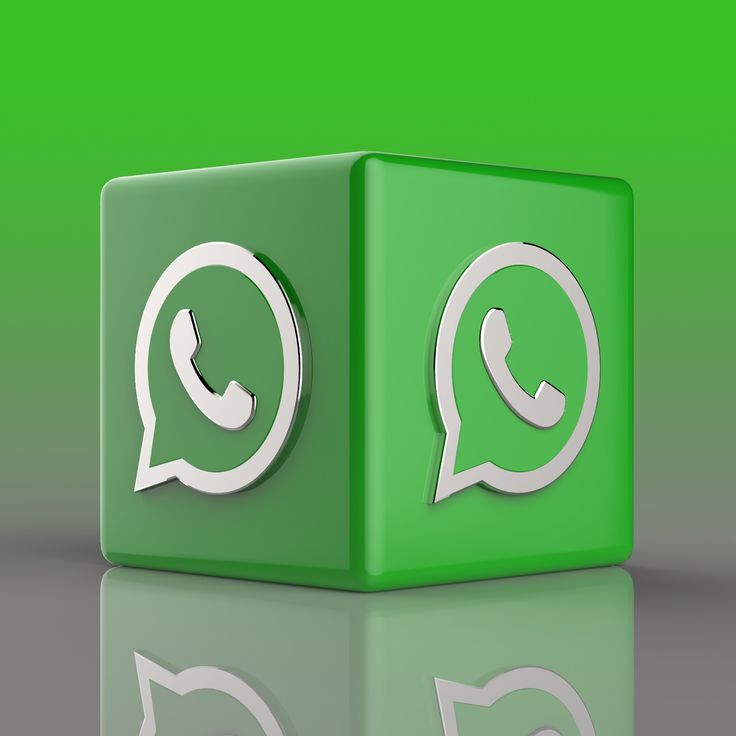The History of WhatsApp: A Journey from Startup to Global Communication Giant
In an era where digital communication has become the cornerstone of personal and professional interactions, WhatsApp stands out as one of the most widely used messaging applications. With over 2 billion users worldwide, WhatsApp has revolutionized the way we connect with others, transcending geographical and cultural barriers. But how did this ubiquitous app come into existence, and what made it so successful? Let’s delve into the fascinating history of WhatsApp.
The Birth of WhatsApp
WhatsApp was founded in 2009 by Jan Koum and Brian Acton, two former employees of Yahoo!. The story of WhatsApp began with a simple yet powerful idea: to create an app that would allow people to communicate seamlessly using their smartphones. The initial concept was to provide status updates, similar to a contact list, where users could let their friends know what they were up to.
Jan Koum, a Ukrainian immigrant who moved to the United States in the 1990s, had a personal motivation for developing the app. His experiences growing up in a country with limited communication infrastructure made him appreciate the importance of staying connected. Koum’s technical expertise combined with Acton’s business acumen proved to be the perfect recipe for success.
Early Development and Challenges
The development of WhatsApp faced numerous challenges in its early days. Koum and Acton initially struggled to find a stable footing for the app. However, their perseverance paid off when they released WhatsApp 2.0, which introduced the messaging feature that would become its defining characteristic. This version allowed users to send messages to each other, leveraging the internet rather than traditional SMS networks.
WhatsApp gained traction quickly, especially in regions with high SMS costs. Its simplicity, reliability, and cost-effectiveness made it an attractive alternative to traditional messaging services. By 2010, WhatsApp had a growing user base, and it was clear that the app had significant potential.
The Facebook Acquisition
In 2014, WhatsApp made headlines around the world when Facebook acquired the company for a staggering $19 billion. This acquisition marked one of the largest tech deals in history and solidified WhatsApp’s position as a major player in the tech industry. Facebook’s resources and global reach provided WhatsApp with the platform to expand its services and enhance its infrastructure.
Despite the acquisition, WhatsApp retained its core values of simplicity and user privacy. The founders insisted on maintaining the app’s ad-free and subscription-free model, ensuring that the user experience remained paramount.
Evolution and Features ![]()
Over the years, WhatsApp has continually evolved, introducing new features that have further cemented its popularity. Some key milestones in WhatsApp’s evolution include:
- Voice and Video Calls: In 2015, WhatsApp introduced voice calling, allowing users to make calls over the internet. This feature was followed by video calling in 2016, further enhancing the app’s communication capabilities.
- End-to-End Encryption: Privacy and security have always been top priorities for WhatsApp. In 2016, the app implemented end-to-end encryption, ensuring that only the sender and recipient could read the messages. This move was widely praised for its commitment to user privacy.
- WhatsApp Web and Desktop: Recognizing the need for flexibility, WhatsApp launched a web version in 2015, allowing users to send and receive messages from their computers. A standalone desktop app was later introduced, making it even more convenient for users to stay connected.4.Status Updates: Drawing inspiration from Snapchat and Instagram, WhatsApp introduced Status in 2017. This feature allows users to share photos, videos, and text updates that disappear after 24 hours, adding a new dimension to the app’s communication options.
5.Business Integration: WhatsApp Business, launched in 2018, catered to small and medium-sized enterprises. It provided tools for businesses to interact with customers, send notifications, and offer customer support, thereby expanding WhatsApp’s utility beyond personal communication.
Global Impact and Future Prospects
WhatsApp’s impact on global communication cannot be overstated. It has transformed how people connect, breaking down barriers and fostering relationships across continents. The app’s user-friendly interface, reliability, and commitment to privacy have made it a preferred choice for billions.
Looking ahead, WhatsApp continues to innovate and adapt to changing user needs. With ongoing developments in artificial intelligence, augmented reality, and integration with other services, WhatsApp is poised to remain at the forefront of digital communication.
FAQ: The History and Features of WhatsApp
1. What is WhatsApp?
WhatsApp is a cross-platform messaging and voice-over-IP (VoIP) service that allows users to send text messages, voice messages, images, documents, and videos, as well as make voice and video calls using the internet.
2. Who founded WhatsApp and when?
WhatsApp was founded by Jan Koum and Brian Acton in 2009. Both were former employees of Yahoo!.
3. Why was WhatsApp created?
WhatsApp was created to provide a simple and reliable way for people to communicate using their smartphones, bypassing traditional SMS costs by leveraging internet connectivity.
4. How did WhatsApp become popular?
WhatsApp gained popularity due to its user-friendly interface, cost-effectiveness, and reliability. It quickly became a preferred messaging app, especially in regions with high SMS costs.
5. What significant change happened in 2014?
In 2014, WhatsApp was acquired by Facebook for $19 billion, one of the largest tech acquisitions in history. This acquisition helped WhatsApp expand its services and infrastructure.
6. What is end-to-end encryption and why is it important?
End-to-end encryption ensures that messages can only be read by the sender and the recipient. This enhances privacy and security, making it difficult for third parties to access the content of the messages.
7. Is WhatsApp free to use?
Yes, WhatsApp is free to download and use. It does not require a subscription fee and does not display ads, maintaining a focus on providing a seamless user experience.
Conclusion: Connecting the World One Message at a Time
From its inception in 2009 to its current status as a global communication powerhouse, WhatsApp’s journey is a remarkable tale of innovation, perseverance, and user-centric design. What started as a simple idea to keep friends and family connected has evolved into an essential tool for billions of people around the world.



